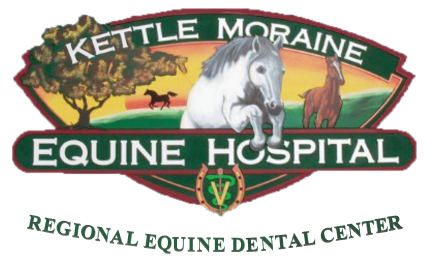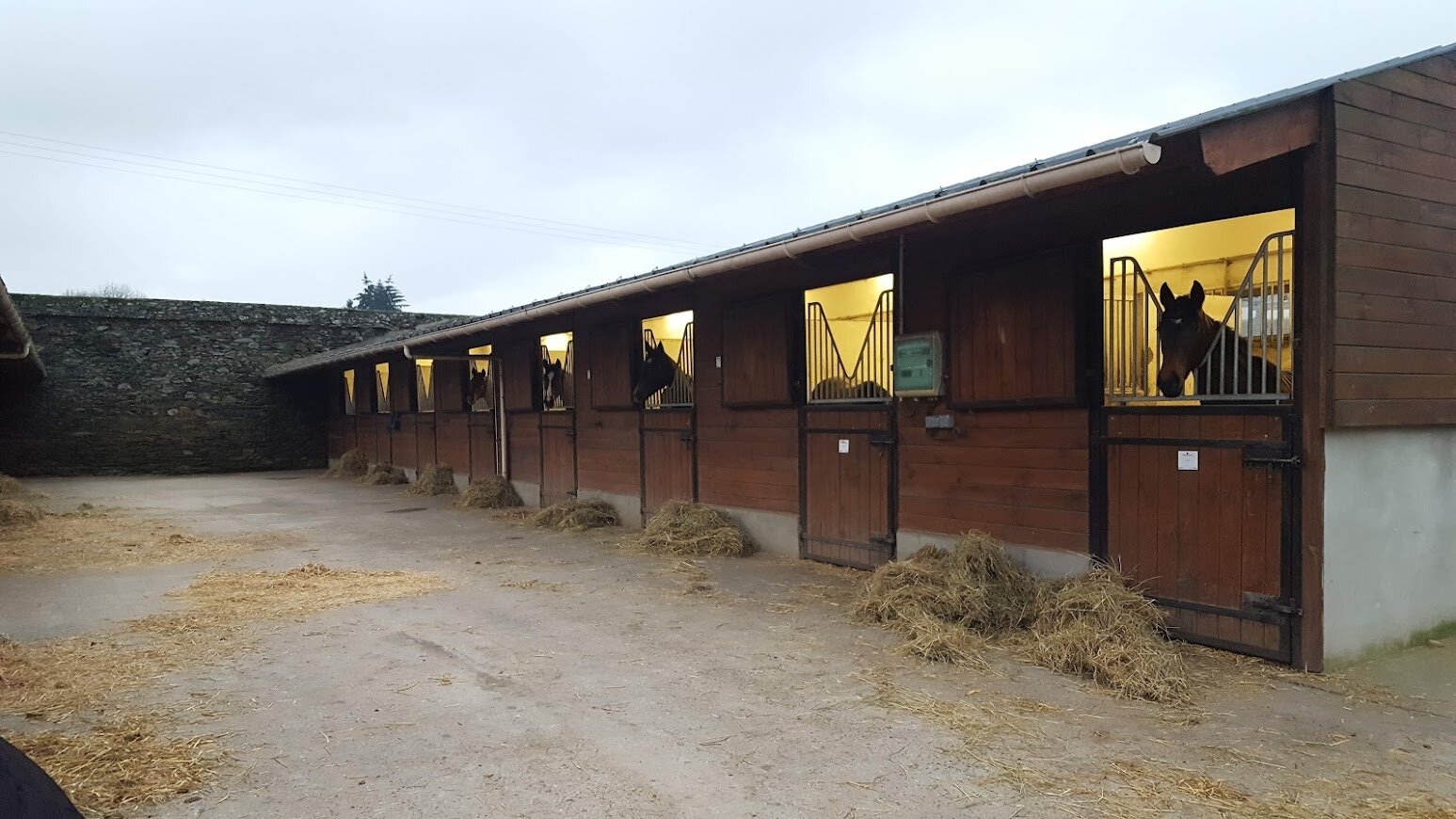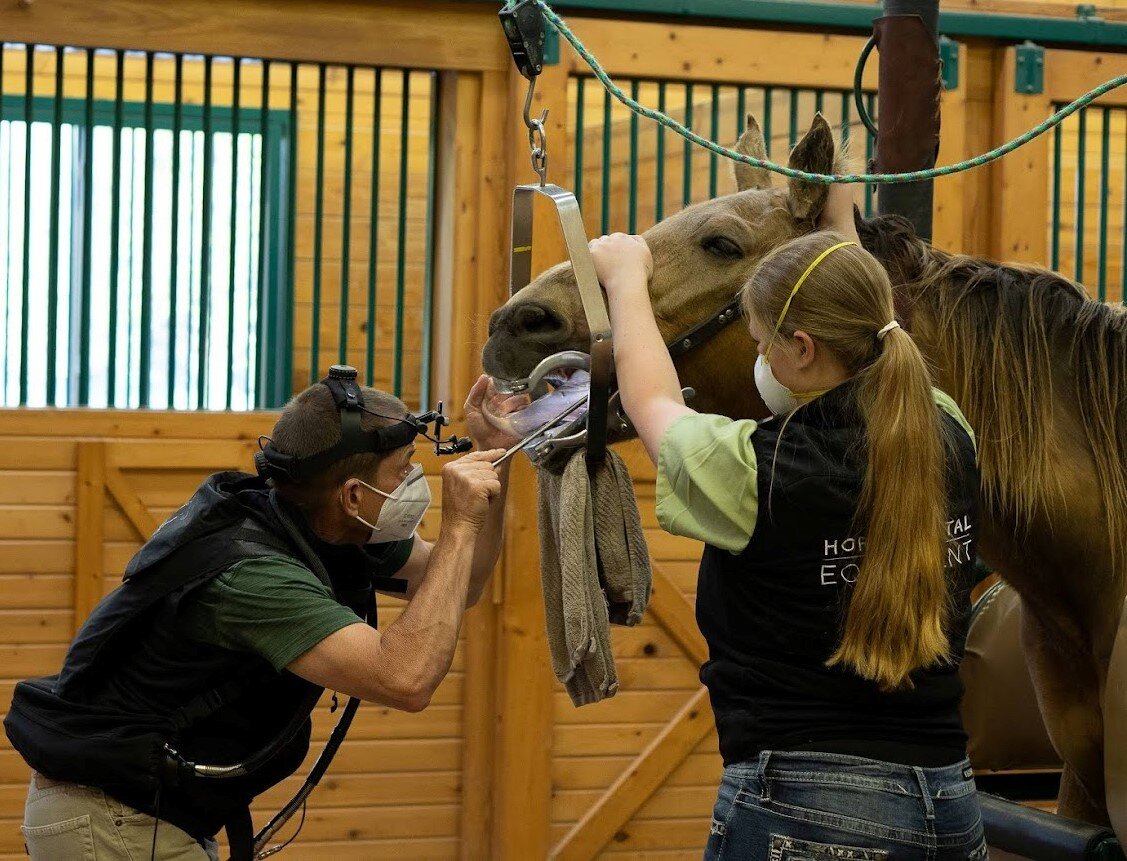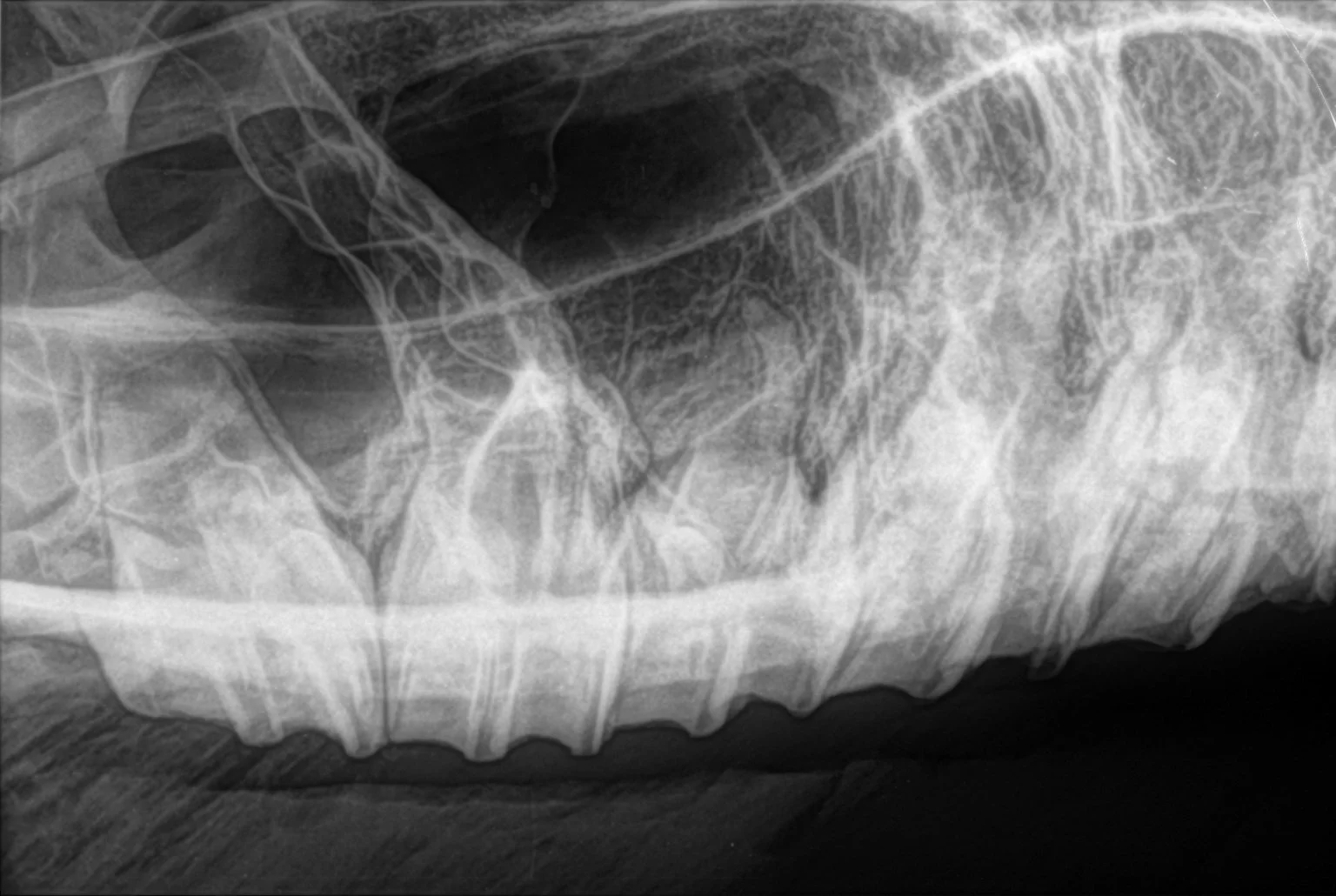Dental Interview
Dr. Gieche’s professional passion is equine dentistry. He is a seasoned veteran in the field of equine dentistry. Dr. Gieche has had the honor of teaching at some of the foremost seminars on equine dentistry available. Equine veterinarians from across the country often contact Dr. Gieche for consultation on various equine dental issues. Dr. Gieche teaches on a regular basis for State Veterinary Medical Associations, the American Association of Equine Practitioners (AAEP), and other international organizations. He has been appointed to the AAEP’s Committee on Equine Dentistry and the AAEP’s advisory group for the Student Essential Skills Workshops/Dentistry. He also teaches dental courses for the Student Chapter of the AAEP at various veterinary schools across the USA. Dr. Gieche owns Kettle Moraine Equine Hospital and the Regional Equine Dental Center in southeastern Wisconsin.
The following is an interview with Dr. Gieche that provides an overview of equine dentistry.
INTERVIEWER: Dr. Gieche, what constitutes a good dental examination?
DR. GIECHE: This is a subject every horse owner should have a good understanding of. Armed with this knowledge they can often tell whether the medical provider is doing a quality job or not. I routinely do two levels of examinations. The first is a very brief tactile examination of the first upper premolars (cheek teeth). This examination only provides information about the condition of these teeth. If an Oral Adjustment (OA) is not indicated here, I would proceed to a full examination of every tooth in the mouth. This requires sedation, a full mouth speculum, light source, equine dental mirror, periodontal probes, and dental explorer, to complete a visual and tactile examination of each tooth in the horse’s mouth. If the doctor does not have these tools or does not use them routinely, they are not doing a quality examination and the result is a substandard job or even injury to the horse! The first examination only tells us if an oral adjustment is needed, it does not tell us one is not needed, because only a small portion of the dentition can be evaluated this way!
INTERVIEWER: So why do the first examination at all?
DR. GIECHE: The first examination can quickly indicate if a horse needs at least an OA. This examination enables me to estimate how many of the horses in the barn will need to be scheduled for procedures directly, making scheduling efficient. The full examination can then be properly done while the horse is sedated, at the start of any necessary dental procedures, saving the owner and myself time and money. I do not charge for a brief examination because it cannot tell us definitively that the horse doesn’t need any dental procedure, only a full examination can tell us that.
INTERVIEWER: How can horse owners help ensure they receive quality dental care for their horses?
DR. GIECHE: Horse owners need to educate themselves so they can tell if their dental professional knows what they are doing and if they are taking the time to do dental procedures properly. If owners repeatedly hear “your horse’s teeth will be fine until the next time we are out”, they are almost assuredly not getting a quality examination. If the provider is not doing a good examination, they can’t do quality procedures either. They don’t even know what needs to be done! Secondly, owners should remember that just because a dental provider has a lot of specialized tools doesn’t mean they know how to use them correctly. I highly recommend horse owners use expertly trained veterinary dental providers that have a large assortment of excellent quality tools to choose from, perform pre and post procedural examinations including patient charting, and have a hospital facility to use or refer to when necessary.
INTERVIEWER: What is a good way for horse owners to acquire the knowledge they need to make decisions regarding their horse’s dental provider’s abilities and their horse’s dental needs?
DR. GIECHE: They need to seek out reliable sources of information they can trust. They should not be shy about asking questions and they should always check the sources of articles they read. Be careful of information found on the internet, often it is misinformation from sources that are not refereed by any official body. Kettle Moraine Equine Hospital & Regional Equine Dental Center offers dental seminars for clients and various equine groups. Any interested parties may contact Dr. Gieche to discuss scheduling at (262) 495-2799.
INTERVIEWER: Tell us what the most common dental procedure you perform is.
DR. GIECHE: An Oral Examination! After the examination, an OA or Oral Adjustment. This used to be called a “float” but floating is actually only one part of an OA. A veterinary equine dental professional will use the term Oral Adjustment and maintain quality dental medical records.
INTERVIEWER: Could you describe an Oral Adjustment for us?
DR. GIECHE: An OA is bringing the dentition into the best functional condition as possible for the individual patient. This may be as simple as removing the sharp enamel points from the cheek teeth (molars and premolars) or it could involve things like waves, stepped teeth, wedge teeth, shear mouths, diagonals, smiles, frowns etc. (primarily type I malocclusions). It should include performing function tests during the pre and post treatment examination phases. Treatment plans will often need to be executed over a period of time to prevent patient injury.
INTERVIEWER: How often are these procedures performed?
DR. GIECHE: Generally, adult horses should have a thorough dental examination, not a brief one, annually. Young stock and the elderly patients should be evaluated every six months. There are many factors to consider when designing a dental health schedule. Age, use, breed, stage of training, feeding program, past or present dental pathology and so on, all need to be factored into this decision.








